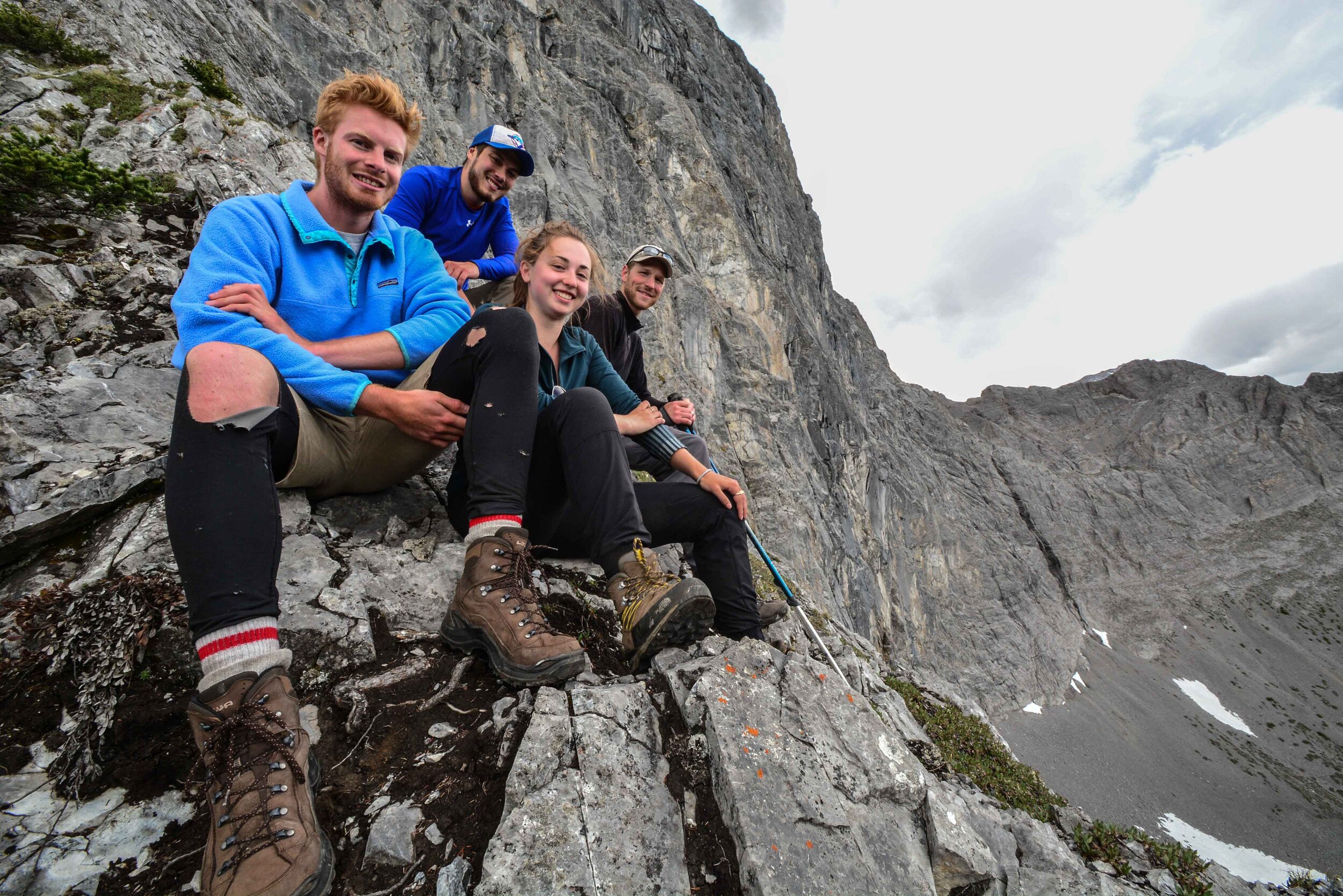Interested in graduate or undergraduate research? Each year, I offer at least two undergraduate thesis positions and regularly hire undergraduate summer research assistants. If you are enthusiastic about biodiversity, ecology and evolution, then drop me a line via email. Tell me why you’re interested in joining the lab and send along your CV and contact details for two academic references. We are committed to equity, diversity and inclusivity in science and I encourage applications from women, Indigenous peoples, visible minorities, persons with disabilities, and LGBTQ2S persons.
ph +1-613-533-6158, chris.eckert[at]queensu.ca
Eckert Lab
Department of Biology, Queen’s University
Kingston, ON, K7L 3N6, Canada
Traing in ecology, evolution & field biology at all levels
We use experimental and genetic approaches to address unresolved questions in ecology and evolutionary biology. This has provided diverse training opportunities for students at levels, from undergraduate research assistants and thesis students through MSc and PhD students to post-doctoral fellows and visiting scientists. While much of our work is field-based, involving large-scale geographic surveys, transplants experiments and living like a hobo out of the back of a van for months at a time, we also use lab-based genomic tools and modelling. So our research offers training for students with a wide variety of backgrounds, interests and career aspirations. Never been involved in fieldwork? We can help you learn the outdoor skills you need. No stats background? We hold weekly lab meetings to develop our data science skills.
Co-operation & inclusion
We are a co-operative and inclusive lab where student collaboration and peer learning is encouraged. Dr. Eckert is closely involved in all projects and committed to helping students get the training they want and furthering their careers inside and outside of academia. We strongly emphasize training in quantitative skills involving data management, visualization and analysis in R as well as bioinformatics and spatial analysis, while understanding the importance of the natural history and ecology of the species and habitats we work with. Queen’s Biology guarantees a $24K stipend for each year of a graduate program (2 yrs for MSc, 4yrs for PhD). For more information, see here.


